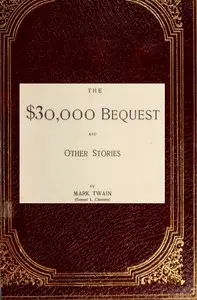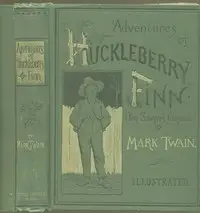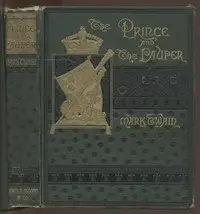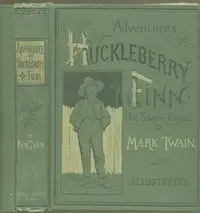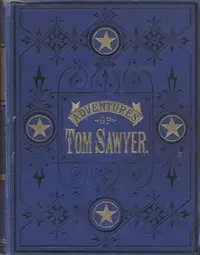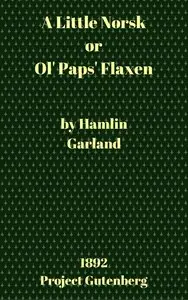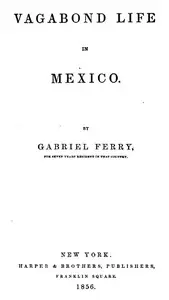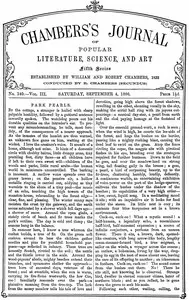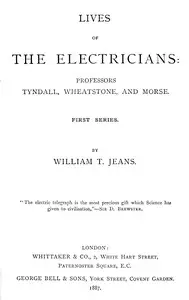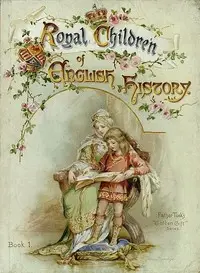"Mark Twain's Letters — Volume 4 (1886-1900)" by Mark Twain is a collection of personal letters written during the late 19th century. This volume showcases Twain's reflections on his life, family, and experiences, alongside insightful commentary and anecdotes that provide a glimpse into his character and the historical context of the time. The letters cover a variety of topics, including family dynamics, literary ambitions, and social commentary, making the correspondence a rich tapestry of Twain's thoughts and the world around him. The opening of the book introduces readers to Twain's domestic life and theatrical pursuits, highlighting the preparations for a surprise performance of "The Prince and the Pauper" by his family and friends. The letters reveal Twain's dynamic relationship with his mother and contemporaries, shedding light on his humor and sensitivity. For instance, Twain shares a heartfelt letter about his mother's past romance, illustrating both her long-buried emotions and his empathy towards her. As he navigates personal anecdotes and broader observations, the opening not only establishes the tone of the correspondence but also sets the stage for an engaging exploration of Twain's personal and literary life. (This is an automatically generated summary.)

Mark Twain's Letters — Volume 4 (1886-1900)
By Mark Twain
"Mark Twain's Letters — Volume 4 (1886-1900)" by Mark Twain is a collection of personal letters written during the late 19th century. This volume show...
Samuel Langhorne Clemens, known by the pen name Mark Twain, was an American writer, humorist, and essayist. He was praised as the "greatest humorist the United States has produced," with William Faulkner calling him "the father of American literature." Twain's novels include The Adventures of Tom Sawyer (1876) and its sequel, Adventures of Huckleberry Finn (1884), with the latter often called the "Great American Novel." He also wrote A Connecticut Yankee in King Arthur's Court (1889) and Pudd'nhead Wilson (1894) and cowrote The Gilded Age: A Tale of Today (1873) with Charles Dudley Warner.

